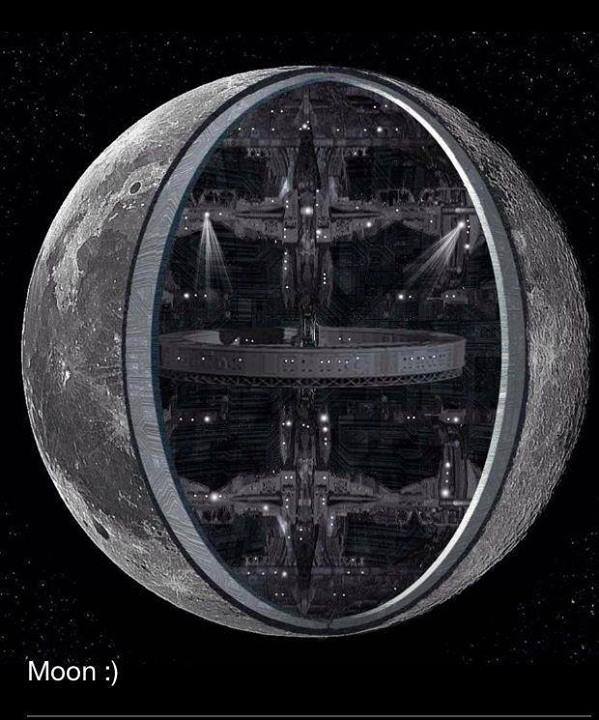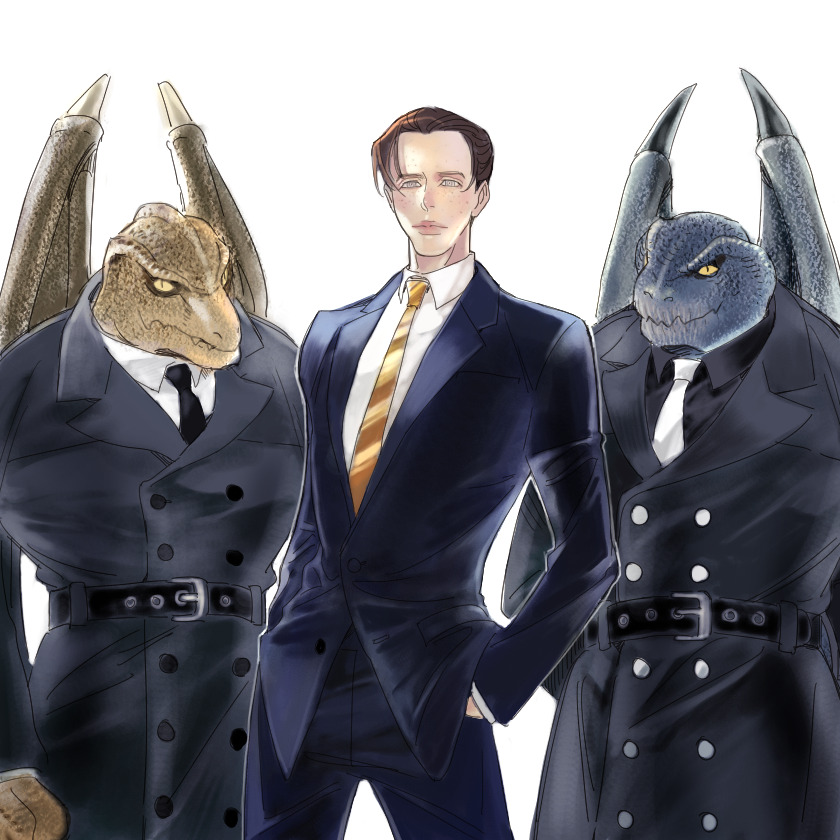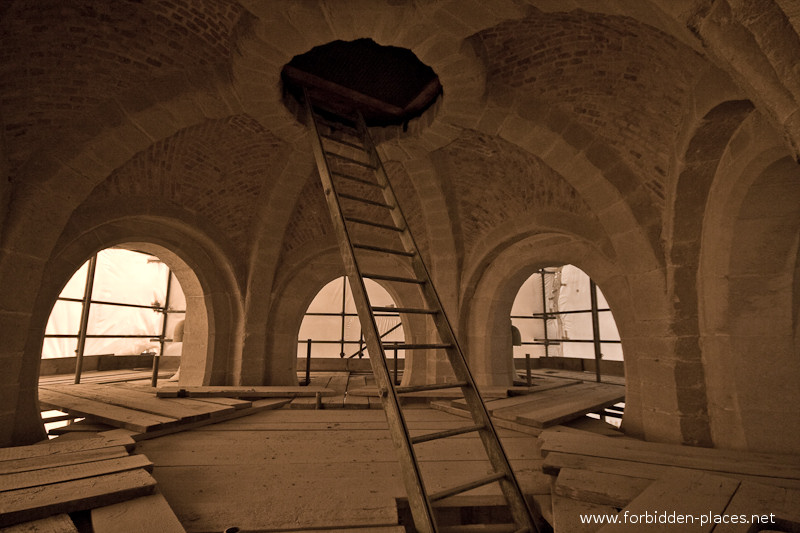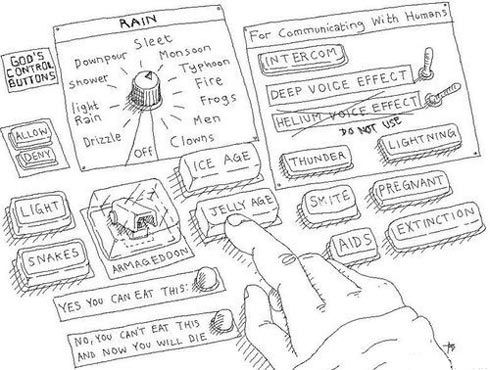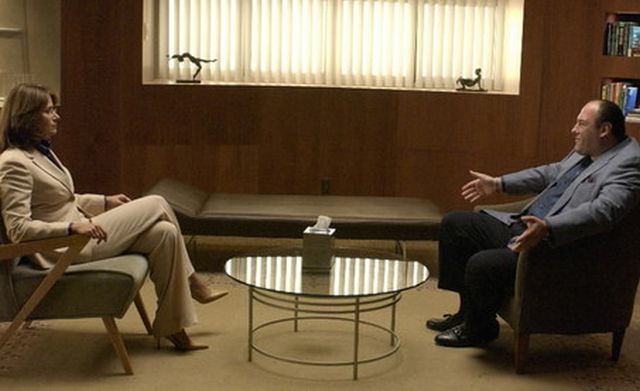 blue roller Fri Mar 11, 2016 8:20 pm
blue roller Fri Mar 11, 2016 8:20 pm
You know Orthy , its like this in the plainest simplest way I can think of to explain it . But here's the paradox before the exposition. Humans here dont want simple , they want complex . Complex laws ,complex wives ,complex religious observance ,complex lives. Why ? Because they think being complex makes them special and different. So you have a planet full of people all trying to be special and all ending up exactly the same.
Complexity is just a fancy word for living a lie and using lies to prostitute and manipulate those around you . Call a human on their lies and they scream victim and play the pity card. Its all so very very predictable. The sameness of their excuses for failing to live an authentic and original life.
Lets call the Universe the Ocean and your planet the Beach . Every day you make castles in the sand because your god tells you you have to to live . Eventually the King tide washes it all away and you have to start again. Same sand ,same beach ,same routine .
One day a ship appears on the Horizon and heads for shore . It drops anchor and the captain rows to shore in his Dinghy watched suspiciously by the people on the beach because he looks different. Strong ,free , independent ,somewhat aloof but with a kind and ready smile.
The people have never seen a ship before but he tells them that if they use the right tools they can build their own ship and sail the infinite sea. They write down his words and he leaves. They build churches to worship the stranger , hoping it will bring him back but no one is allowed to build their own ship because that would be disrespectful to the memory of the stranger . So no ships but plenty of worship and competing churches.
Eventually a clever young boy has a dream and walks away from the beach and in to the forest . He builds a small boat . When its finished , he rolls it down to the beach and makes ready to set sail . But the boat is seen by the priesthood and they confiscate it. Because if everyone starts building their own boat ,the priests will be out of a job . Sitting in their robes all day while the people slave for them.
But the people remember this greedy act and start to question the priesthood. The priests continue to burn any boat they find . Then they burn the forests to make damn sure no one finds their way off the beach . Eventually people figure out other materials to use instead , so the Priests form a corporation called Jesus and makes everyone worship him because Jesus says one day he will come with a BIG F***ing boat to take them away forever.
Pacified ,many give up building or dreaming of escape. They wait and wait and wait.
Two thousand years later a small team of scientists build a boat that gets off shore but they don't tell anyone what they found . Its a secret . Jesus will come soon the Churches say .Dont loose faith .Keep on giving .
In the meantime , many captains ,knowing the embargo on truth will get people killed or persecuted , meet people in secret and tell them this .
'You can build a boat to get off the beach or you can build a boat inside to explore the sea'. The sky captains as they are called share with anyone who will listen , how to build the boat within. Very few persevere because they don't like the hard work and the ridicule from friends and family. Then there is the trust issue. Used to lying to get what they want, the people don't trust the sky captains for telling the truth . They waver and fall back in to their old ways.
Soon enough they parrot the lies of the priest hood and the golden opportunity is lost.
Now the whole planet is burning and even the sea Burns from the pollution. The priest hood and the people , crucified by their own greed and denial , kill the planet and all hope is lost.
Because they chose the lie over freedom. They curse the captains for failing them and with their last breath they call them the Devil.
The Captains and their people weep as the planet dies , at a loss for words ,because using words to reason with humanity failed .











